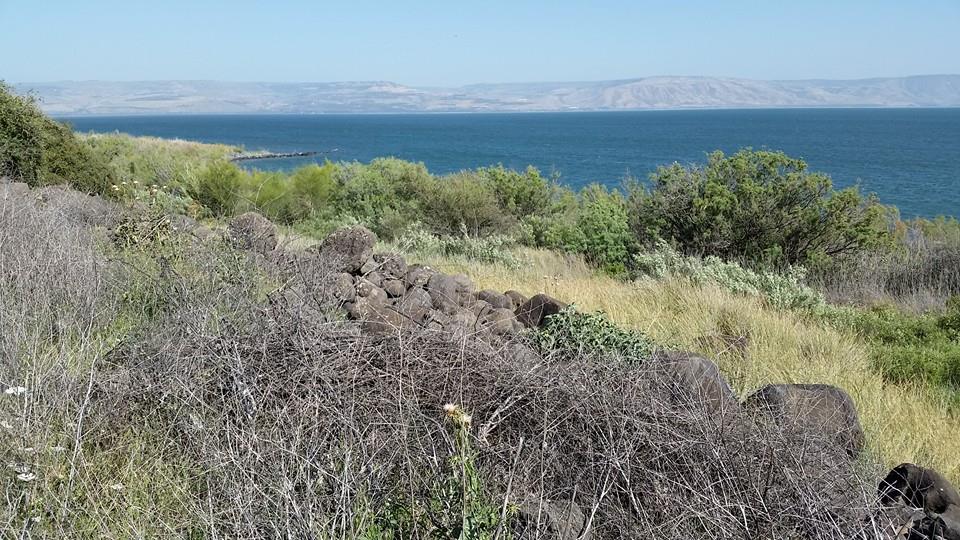
Gospel: It is beautiful to be able to celebrate not only the Feast of St. Martha, but, thanks to Pope Francis's decision in February, the Feast of St. Martha, Mary and Lazarus. They were three of Jesus's closest friends: Martha felt comfortable enough with him to complain... 

...about her sister's supposed laziness during a meal. "Tell her to help me," she says to Jesus. Who else speaks to Jesus in this way? That level of comfort with him reveals a deep friendship. Mary listens to Jesus during that meal and later, with her sister, asks him to heal...
...their brother Lazarus.
One of the most important phrases in John 11 is what they call Lazarus in their message to Jesus. The sisters don't say, "Lazarus your disciple is sick." Or "Lazarus of Bethany." Or even "Lazarus our brother." They say something far more beautiful...
One of the most important phrases in John 11 is what they call Lazarus in their message to Jesus. The sisters don't say, "Lazarus your disciple is sick." Or "Lazarus of Bethany." Or even "Lazarus our brother." They say something far more beautiful...
The Greek is "hon phileis." "He whom you love is ill." He whom you love is ill. It's one of the most beautiful phrases in the whole New Testament. It's not surprising that Jesus's greatest miracle, the Raising of Lazarus, is done for three of his closest friends. Happy Feast Day.
Image: The Tomb of Lazarus, in the town of El-Azariya, in Palestinian territory on the outskirts of Jerusalem. The town's name means "Place of Lazarus." In Jesus's time, it was known as Bethany.
• • •
Missing some Tweet in this thread? You can try to
force a refresh







